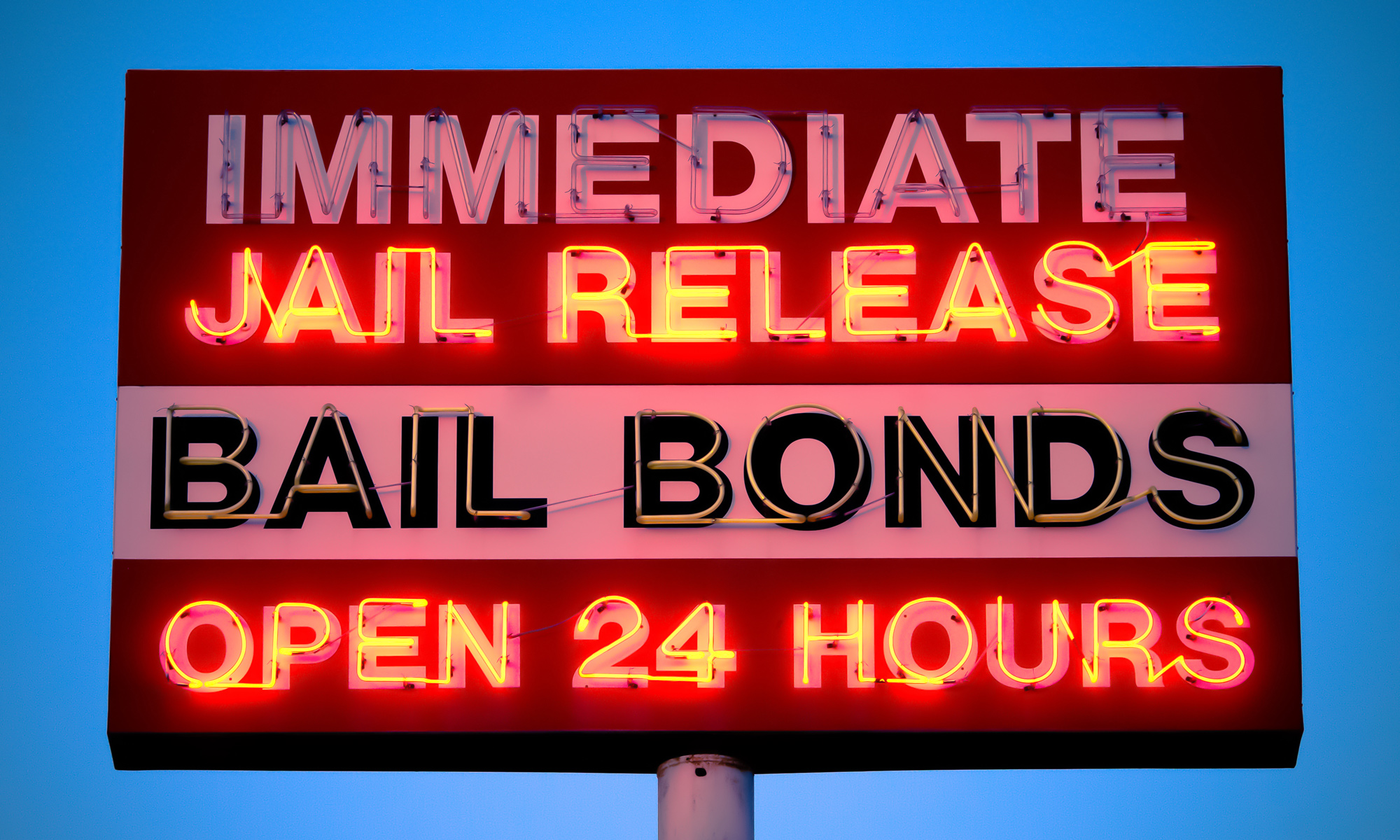Non-Arrest Bonds: A Easy Way to Handle Jail Time.
Non-Arrest Bonds: A Easy Way to Handle Jail Time.
Blog Article
Your Guide to Quick and Economical Bail Bonds Solutions
Browsing the complexities of the bail bond system can prove to be a challenging endeavor, particularly when urgency and budget constraints are at play. A detailed grasp of the different sorts of bond bonds, along with an understanding of the aspects influencing costs, is important for making sound choices. In addition, identifying trusted bail bond firms that offer adaptable payment structures can significantly reduce the economic concern. As we check out these aspects additionally, one have to think about just how informed decisions can bring about not only quick launches but also significant financial savings in the process.
Recognizing Bail Bonds
Bail bonds offer as a mechanism that permits people accused of criminal activities to protect their release from custodianship while awaiting test. If the implicated can not manage the bail quantity established by the court, they may seek the solutions of a bail bond representative.

Understanding exactly how bond bonds feature is essential, as they provide an essential service within the lawful system, stabilizing the civil liberties of the accused with the need for public security and judicial responsibility.

Kinds of Bail Bonds
Numerous kinds of bail bonds exist to fit various situations and needs within the judicial system. The most common kind is the surety bond, where a bond bondsman provides a warranty to the court in exchange for a charge, usually a percent of the total bond quantity. This bond enables individuals to protect their release without having to pay the complete bail upfront.
An additional kind is the cash money bond, which needs the offender or their household to pay the entire bond amount in cash money straight to the court. This choice is often made use of for reduced bond amounts and can result in the return of funds upon the accused's court look.
Home bonds are an additional alternative, where people use genuine estate as collateral for their bond - Bail Bonds near me. This kind of bond can be complex, as it involves the valuation of the home and the capacity for liens
Finally, federal bonds are used in federal situations and generally include larger sums and more rigorous problems. Recognizing these various kinds of bail bonds can help defendants and their families make educated choices customized to their certain lawful circumstances.
Price Aspects in Bail Bonds
The cost of bond bonds can vary dramatically based upon a number of essential factors that influence the total cost for offenders and their families. Largely, the amount of the bail set by the court plays a vital function. Bail amounts can vary from small amounts for less severe offenses to considerable figures for more major criminal activities, leading to greater bond premiums.
Another essential factor is the risk analysis conducted by the bail bond representative. If the offender moved here is considered a flight risk or has a criminal background, the representative may charge a greater costs to minimize their economic direct exposure. Furthermore, the state guidelines regulating bail bonds can affect prices, as different states impose varying maximum fees that agents can bill.
In some cases, a bail bond business may require home or assets as security, which can influence the last amount owed. Settlement plans offered by bail bond business may add to expenses, as passion or costs can be sustained if repayments are spread out over time.
The Bail Bond Process
Understanding the expense factors connected with bond bonds is important for browsing the subsequent stages of the bail process. If the defendant can not afford to pay the bail, they may look for a bail bond from a certified bail bondsman.
The bail bondsman requires a percentage of the total bail amount as a non-refundable charge, which generally ranges from 10% to 15%. When the cost is paid, the bondsman will certainly post the bond with the court, protecting the offender's release. It is crucial for defendants or their families to give precise information to the bail bondsman, as any inconsistencies may make complex the process.
Complying with release, the accused should follow the court's conditions, consisting of attending all scheduled hearings. Failure to comply can result in the bail bondsman withdrawing the bond, causing re-arrest. Understanding this process enables people to make informed decisions and guarantees compliance with legal responsibilities, ultimately assisting in a smoother shift back to their day-to-day lives.
Searching For Affordable Options
Checking out economical alternatives for bail bonds is crucial for defendants and their family members, especially during a monetarily stressful click for more info time. The price of bail can typically be frustrating, making it vital to identify alternatives that ease financial worries while making sure the accused's launch.
One effective approach is to look for bail bond agencies that offer adaptable layaway plan. Numerous trustworthy how to become a bail bondsman firms comprehend the monetary pressure on families and provide options that enable installment payments, decreasing the in advance cost. Additionally, some firms might supply discount rates for certain demographics, such as armed forces workers or novice clients, which can additionally lessen financial effect.
It is likewise a good idea to contrast prices amongst various bail bond solutions. Various elements can affect the cost structure, including the nature of the crime and the quantity of bond collection. Openness in pricing is vital, so inquire regarding any type of surprise fees or surcharges.
Conclusion

Report this page